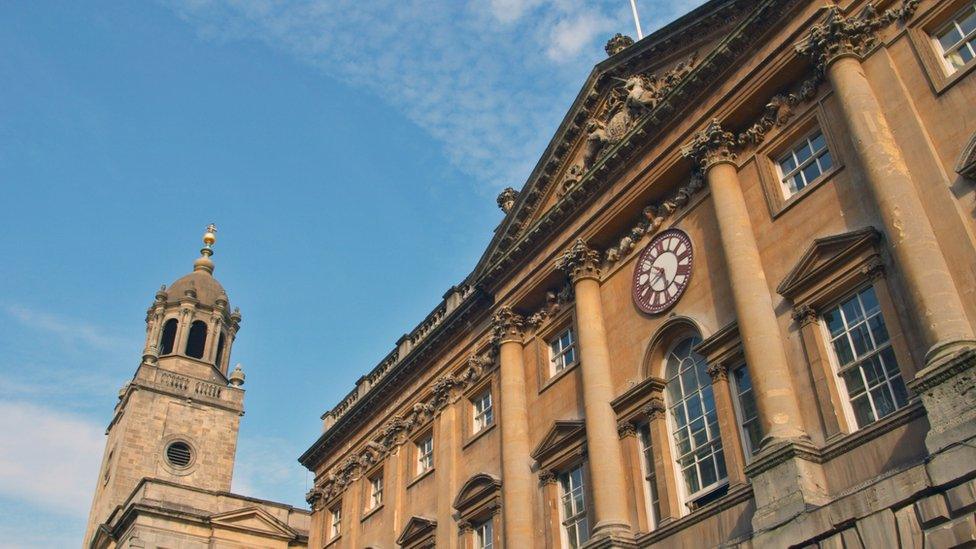Empire and Me: A Newsround Special
- Published
- comments
Empire and Me: A Newsround Special
In March 2020 I covered one of the most important stories of the year - the murder of an African American man called George Floyd.
It sent shockwaves around the world and never did I think that almost two years later, that same story would lead to me sharing something very personal about my own life.
George Floyd's murder led to anti-racism protests, which quickly spread from the USA all around the world. Many people protesting saw racism as a problem in their own countries.
In the UK, a debate began about Britain's history, and in particular how we should look at the British Empire.
The British Empire was a system where Britain extended its influence across different parts of the world, eventually controlling large parts of the globe. The modern day country of Ghana used to be part of this empire.
I decided to travel to Ghana to find out exactly what happened when Britain was in control of the country and what impact that moment in history has on the country today.
For hundreds of years, Britain and many other European countries travelled overseas to establish colonies on different continents.
This meant that the people, trade and laws in these nations came under British control.
At its peak, the British Empire covered around a quarter of the Earth's total land area.
All about me!
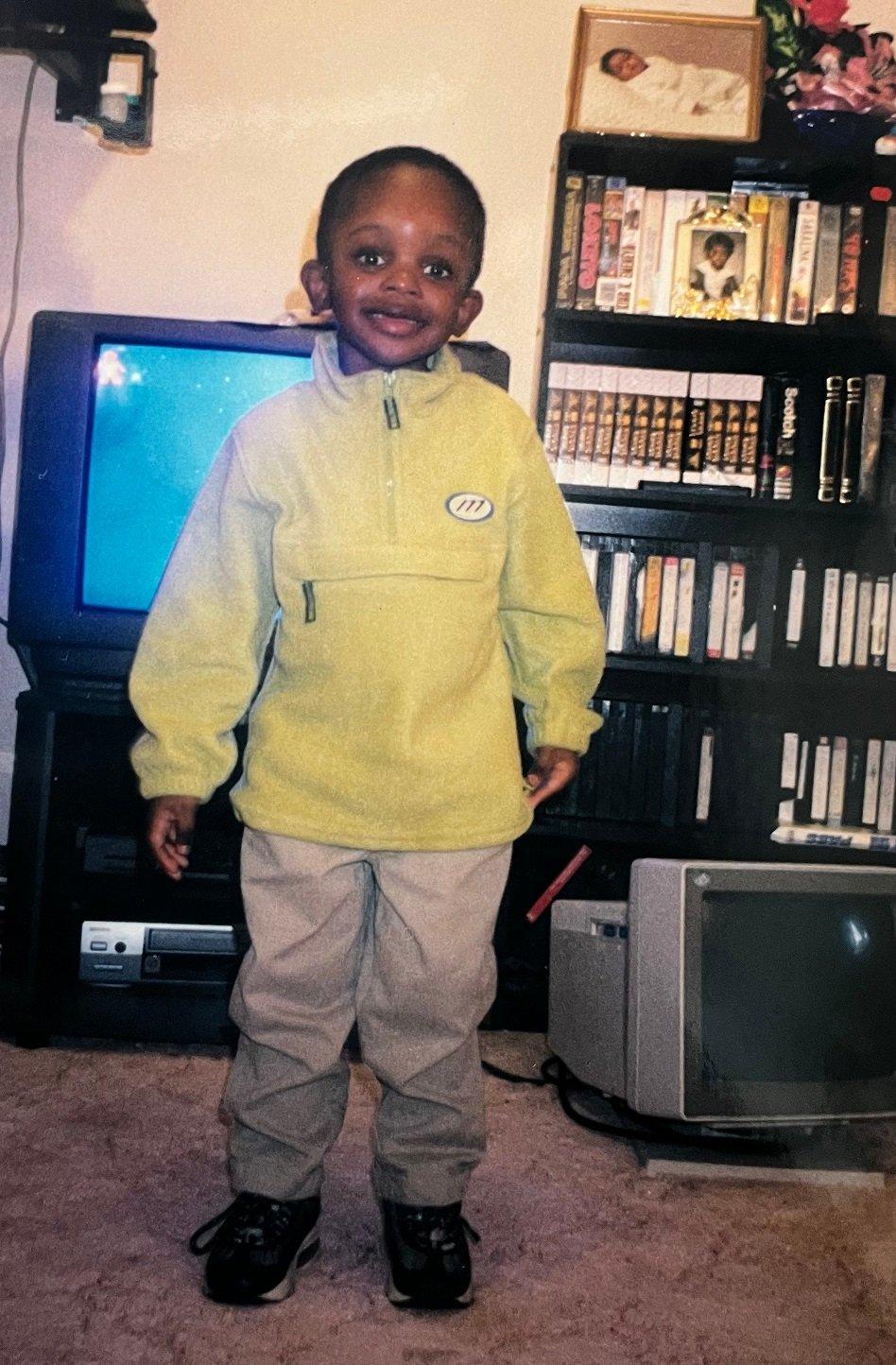
I grew up with lots of Ghanaian influences around me, including certain foods and music
I was born in London all the way back in 1995! I've spent all my life here in the UK and grew up in a city called Milton Keynes.
I am British.
However, there's also another side of me which has heavily influenced who I am today, and that's all down to my Ghanaian heritage. Growing up, I've had Ghanaian influences all around me, whether that's been from the music that's played in the house, or the food I eat at home - a personal favourite of mine is jollof rice!
I'm British and I'm also Ghanaian, so I tend to call myself a British-Ghanaian - something I know many others do as well.
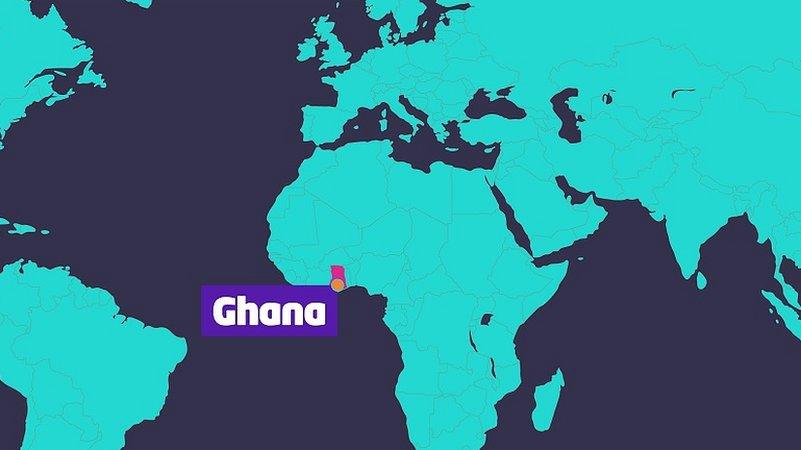
Up until recently, there was a lot I didn't know about Ghana and how Britain treated it along with other countries it colonised, so I decided to head over there to find out.
Before going on this incredible adventure, I had only travelled to Ghana once before and that was more than 16 years ago when I was just NINE years old!
Arriving in Ghana
Empire and Me: What's life like in Ghana?
If you've never been to Ghana before, let me tell you now... it is HOT. I'm talking at least 30 degrees Celsius most days!
I flew into the capital city, Accra, which has a very different vibe to the UK's capital, London. I saw lots and lots of people on the roadside buying and selling goods like snacks and drinks. There was a real buzz about the place!
There were also many people heading to school and work. It was a lot to take in, but luckily I had some help from two local children, Coby and Eileen. They were able to show me around Makola Market, one of the busiest in Accra, to help me get a flavour of life there.
My family
Empire and Me: What does my grandma remember?
The British Empire had its origins during the 16th century and although it didn't have an official end date, many people regard 1997, when British rule in Hong Kong ended, as a moment when the Empire passed into history.
The length of Britain's rule means some of my family members would have been around during the peak of its power.
One of those people is my grandmother, who was 25 when Ghana gained independence from Britain in 1957. It was the first African country below the Sahara desert to do so.
During my visit, I spoke to my grandmother about what her life under the Empire was like. From what she remembers, the local people were quite fond of the British and there seemed to be a good relationship between them.
However, although it happened a long time before she was born, she heard a lot about local people being captured and traded as slaves.
What did the British do in Ghana?
Empire and Me: What role did the slave trade play in Ghana?
When the British came over to Ghana, they drew up agreements with the locals who belonged to different groups of people called tribes.
One of the tribes in Ghana are the Fantes, which is the one my family are from, and they were known for their farming and fishing skills. As a result, the Fante people would sell some of their goods to the British when they arrived in Ghana as a form of trade.
Gold, which the Asante or Ashanti tribe were known for, and cocoa were other resources that were traded with the British in Ghana in exchange for items like guns, other weapons and goods.
From the 16th to the 19th century, between 12-15 million people were taken from Africa to be used as enslaved labour in the Caribbean, North, Central and South America.
It's estimated that more than two million Africans died on the journey to the Americas during a brutal journey known as the Middle Passage.
However as British power began to grow, the trading became a lot more sinister. Along with other European powers, British traders began purchasing enslaved human beings from local merchants in Ghana, as part of what we now call the transatlantic slave trade.
On 1 May 1807, the buying and selling of slaves was made illegal in the United Kingdom. Britain went from being one of the biggest players in the transatlantic slave trade to the country which did most to destroy it for good.
What else happened?
Empire and Me: Why is gold so important to the Asante people?
The British were also involved in a number of wars with the Asante people who were one of the biggest and most powerful tribes in Ghana. Although people from the Asante tribe live all over Ghana today, their capital is a city called Kumasi, which is based in the Ashanti region.
A lot of the gold items that were made and owned by the Asante people were stolen (or looted) by the British, and many of those items are currently being held in British museums.
I took a visit to Kumasi during my time in Ghana, and I even got to sit down and speak with an Asante chief, which is the name for a traditional leader. He explained to me how disappointed he is that museums in Britain have not returned some of the items which were taken from his people all those years ago.
Some museums in the UK want to keep artefacts taken during the time of empire. They have made the argument that it is important to have museums where objects from different cultures are shown together, so people can see achievements from all of humanity in one place. It's one example of how the legacy of Empire is debated right up to the present day.
How do people in Ghana feel about the Empire?
Empire and Me: What do kids think about the role of the Empire in Ghana?
A lot of the people I spoke to had very different opinions on the legacy of the British Empire. Some people still feel some hurt over the things the British did.
However, there were some things the British did in Ghana which many people are still grateful for. For example, the introduction of western medicine and education, alongside the improvements to the country's road system are things some people view as positives.
What does this all mean for Ghana and Britain now?
Ghana was not the only country affected by the British Empire. It's believed that at one point, Britain was in control of more than 50 countries and this helped it become the rich country it is today.
The links between Britain and former colonies have also remained strong. Across the UK, we see different communities of people from countries all over the world, many of which were once colonised, who call Britain their home.
But for many other people, what happened during the time of Empire isn't something we can, or should, think about in a positive light.
If one thing is clear though, it's this. The events that happened during the time of the Empire have shaped the world we live in today in lots of different ways. Without them, the world we all live in may have turned out to be a very different place.
Find out more about my story in Empire and Me: A Newsround Special, at 6pm, Thursday 23 June on CBBC. You can also watch it on BBC iPlayer now.
- Published28 September 2023
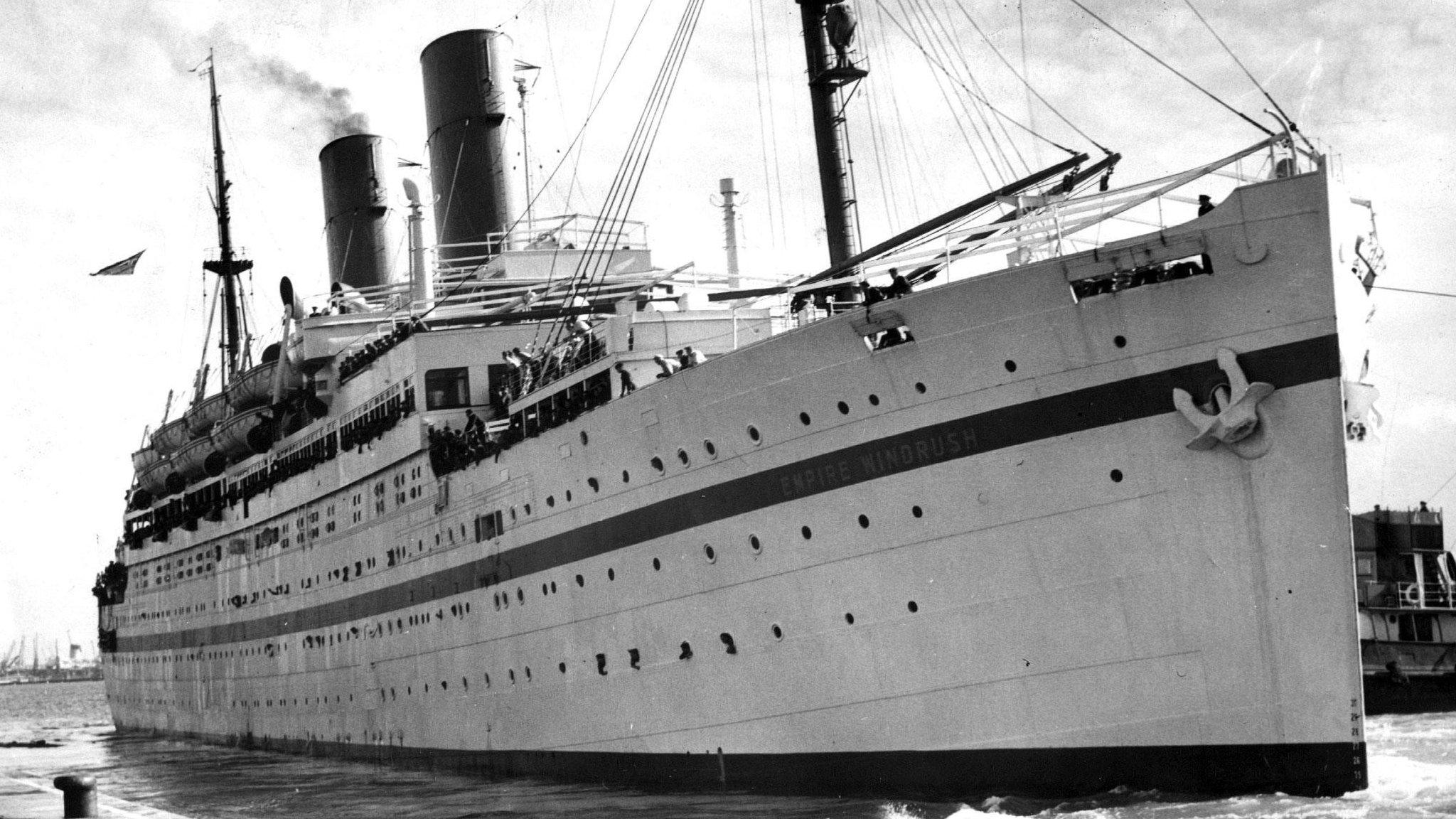
- Published22 August 2019
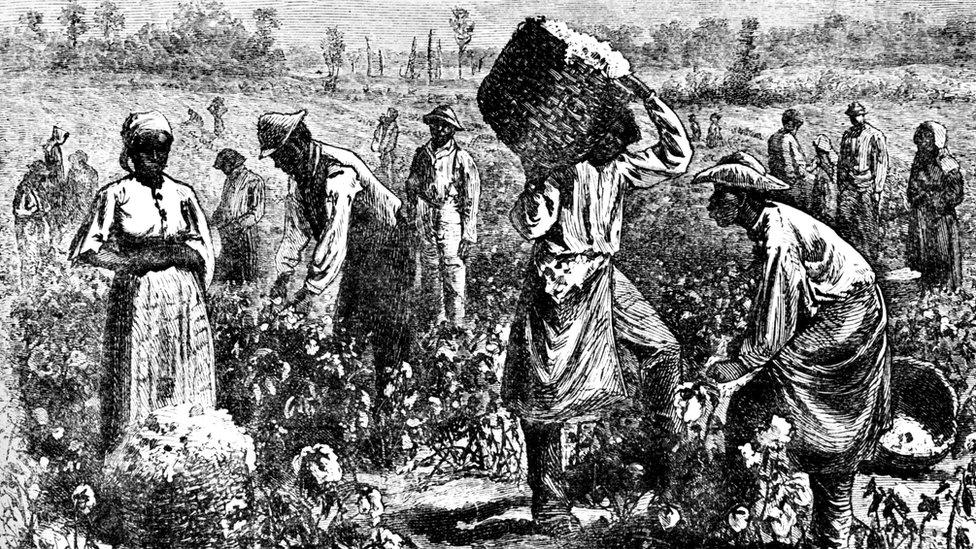
- Published26 September 2023
